Are any ERP alternatives as effective as ERP?
ERP is organizational software that integrates many business functions through common databases. ERP tracks transactions throughout an organization and by combining those transactions with pre-defined parameters and qualifiers, the system is used to aid in decision making.
Is ERP necessary?
ERP is not required. Nearly every organization needs accounting and most need human resources management. Many have no inventory and others with infrequent purchasing that an automated system, such as ERP, is overkill. Even accounting does not need to be computerized and many today operate profitably using a pencil and ledger sheets available at any office supply source.
What are some ERP alternatives?
Pencil and paper are very old-school but still work. One great advantage over other alternatives is that you never need to worry about the electricity going off. Electronic spreadsheets work well for some. These are faster than a pencil and are well known by most of us.
Spreadsheets can be simple with data, labels, or formulas in cells or highly customized with complex programming automating the presentation. It has been said that ERP stands for “Excel runs production”.
Many business managers believe in using the best-of-breed software in their organizations. They will use the best warehouse management, customer relations management, financial management, and other software available from multiple sources. These systems use much of the same data so those businesses will work to integrate the various systems to share data where possible and to update each other as transactions process.
These businesses have all the components of an ERP system but since they acquire the components separately, they can define their combined systems as customized software that is not ERP. Most of today’s ERP systems offer a wide variety of modules intending to be able to sell their systems to almost any business or organization.
Some managers like to keep things very simple and feel that only one primary system is enough to help them be successful. That primary system could be CRM or customer relationship management. If they properly communicate with customers, track their needs and requests, and fulfill those requests in ways that satisfy the customers, what else is necessary?
Since CRM is also a database system, the same set of databases can be used for other applications such as inventory or accounting. Those needs can be programmed by the business or third-party software is available. Some software developers offer a set of integrated, cloud enterprise software products but specifically define their product as not ERP. Perhaps this works, as accounting is missing from their advertised products.
Are these systems a good match for ERP?
Beauty is in the eye of the beholder. Ultimately every business has its own unique set of business management requirements. When we choose ERP, we hope to achieve those requirements. When a company achieves its requirements through another avenue that is not ERP (or they choose not to call it ERP) - they are satisfied.
Free white paper
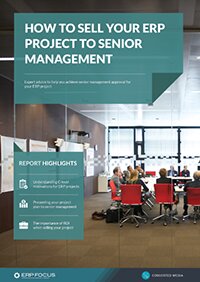
How to sell your ERP project to senior management
Expert advice to help you achieve approval and funding for your ERP project
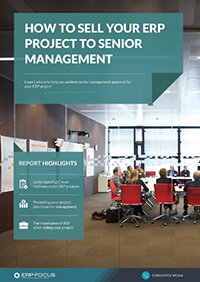
Featured white papers
-
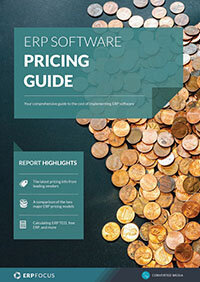
ERP Software Pricing Guide
Get the latest pricing information on over 80 popular ERP systems, and learn how to budget for your ERP project in our free guide
Download -
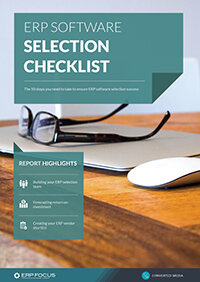
60-Step ERP Selection Checklist
Get the comprehensive checklist for your ERP selection project
Download -
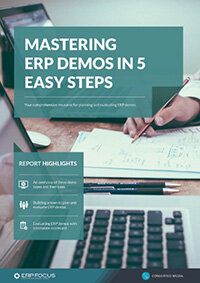
ERP Demo Guide & Scorecard
Master your ERP demo with 5 easy steps using our free guide (includes demo scorecard)
Download
Related articles
-

QuickBooks vs ERP: What ERP does better
Could your accounting & inventory management benefit from upgrading to ERP?
-

CMMC Compliance: What Aerospace and Defense Manufacturers Need to Know
Key insights on CMMC compliance, deadlines, and securing DoD contracts with CMMC 2.0 certificatio...
-

The best ERP systems for process manufacturing
Consider these ERP systems when selecting your next process manufacturing ERP

